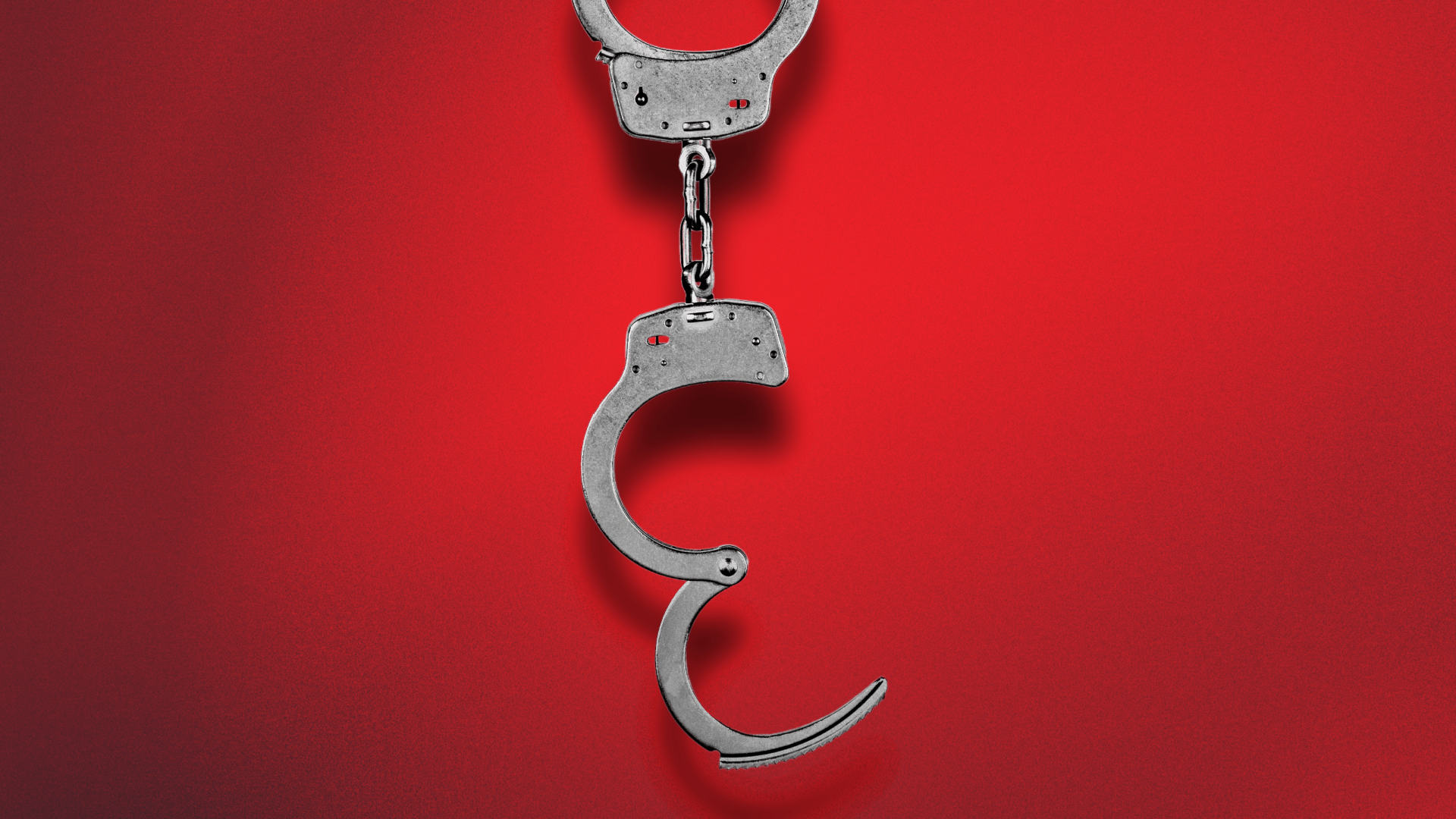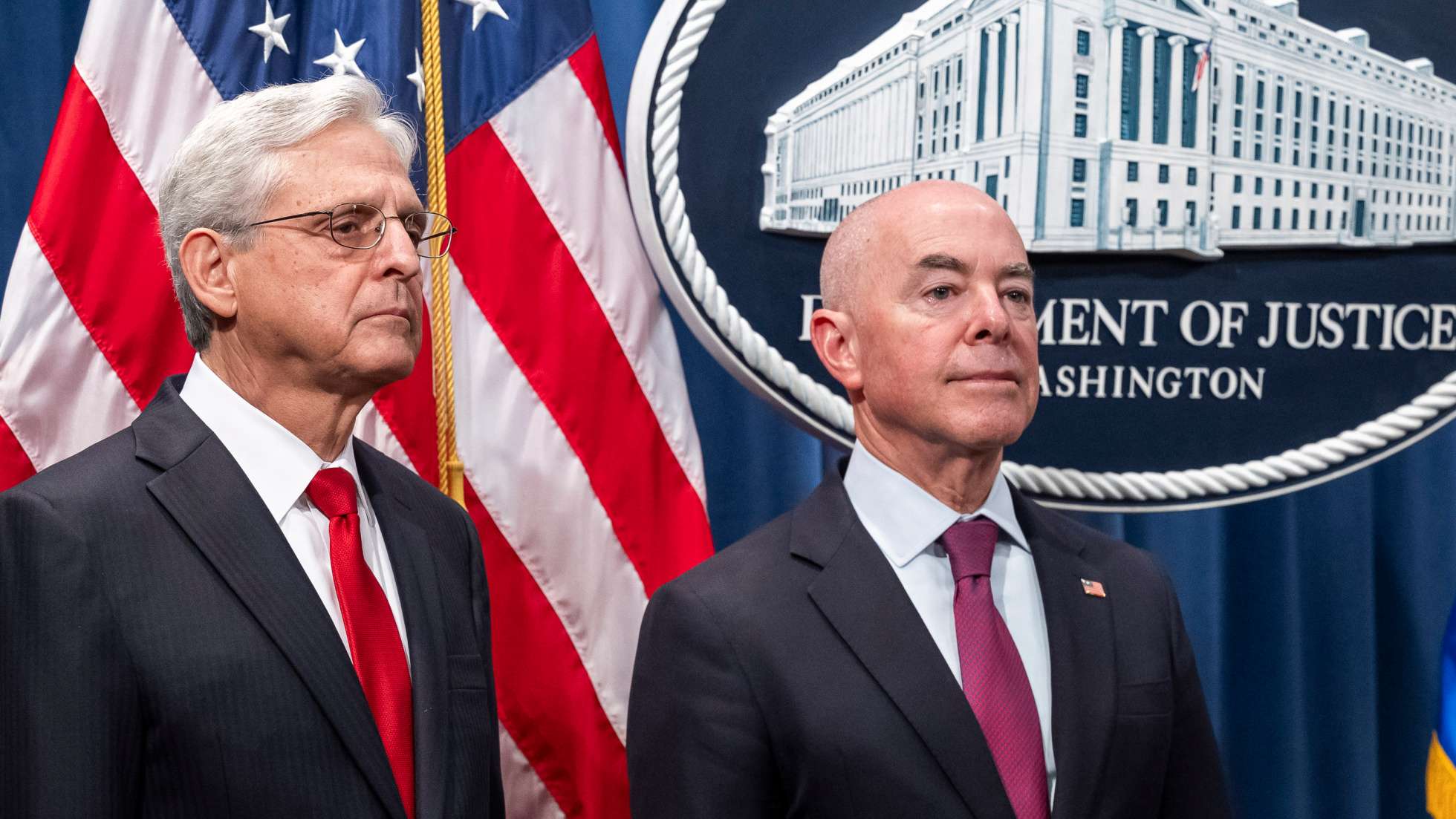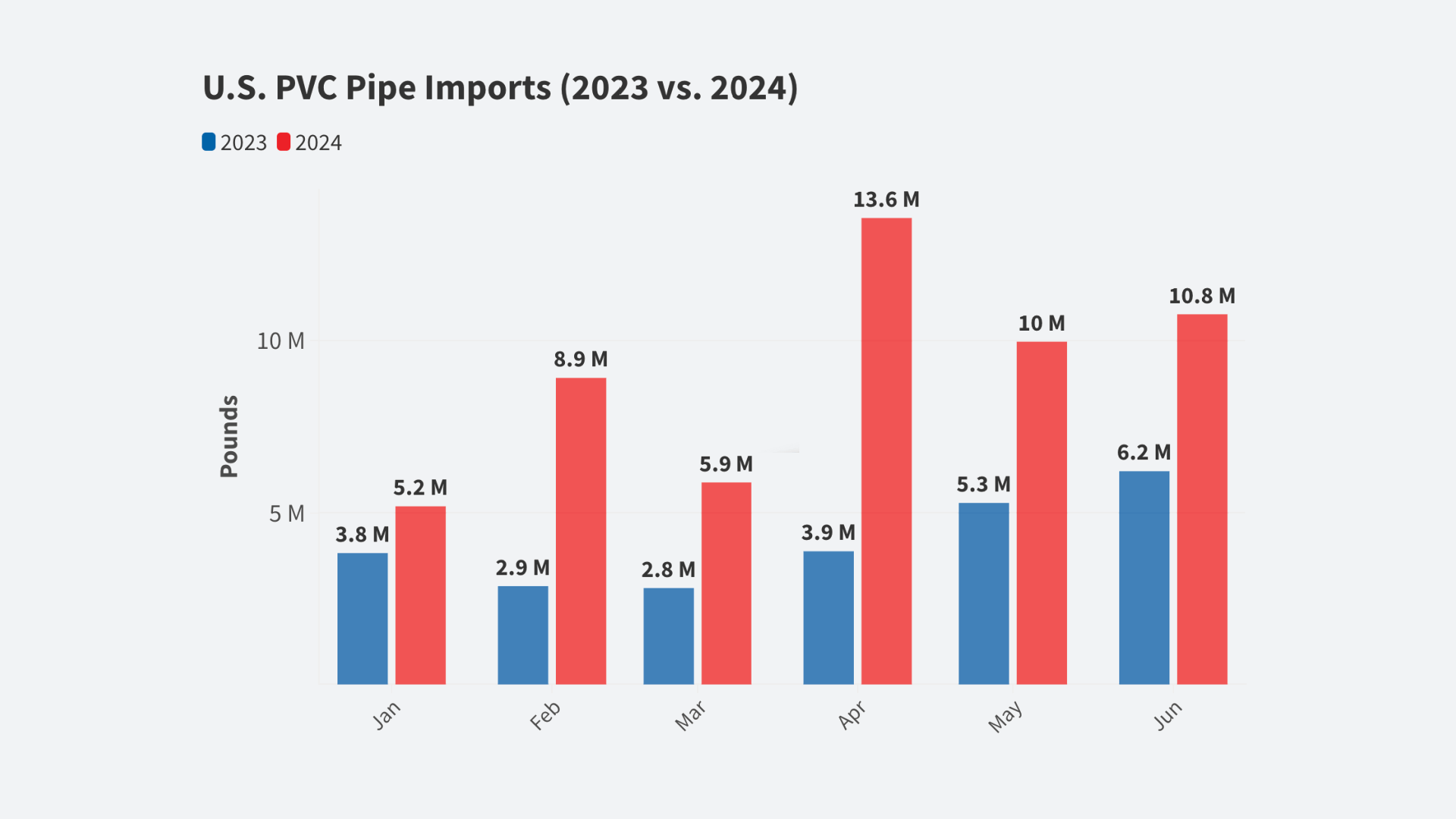
[ BRODY MULLINS and KRISTINA PETERSON | December 02, 2016 |The Wall Street Journal]
WASHINGTON—Setting the stage for what could be the first clash between President-elect Donald Trump and Congress, House Speaker Paul Ryan and some congressional Republicans are raising concerns about a provision in a bill that would require the use of American-made iron and steel for U.S. water infrastructure projects.
The bill, which provides billions of dollars in federal funding, initially included a requirement that federal money could largely only be used to buy U.S.-produced iron and steel. In recent days, Mr. Ryan and other Republicans have begun raising objections, saying the requirement would pick winners and losers among U.S. companies and shouldn’t be included in the final legislation.
Their concern is that the measure, which raises the threshold for how much of the steel-manufacturing process has to occur in the U.S., would direct federal funding to some domestic companies and not others.
The GOP opposition could draw fire from Mr. Trump, who said repeatedly on the campaign trail that the government should find ways to support U.S. manufacturers, particularly the steel industry.
“We will have two simple rules when it comes to this massive rebuilding effort: Buy American and hire American,” Mr. Trump said at a rally Thursday evening in Cincinnati. “Whether it is producing steel, building cars or curing disease, we want the next generation of innovation and production to happen right here in America and right here in Ohio, right?”
On Friday, a spokeswoman for Mr. Ryan said the final version of the bill was still under discussion. Congress hopes to approve the bill next week before leaving town for the year.
The disagreement could offer a glimpse at how the Trump administration plans to navigate through the GOP-controlled Congress even as he embraces an agenda that often collides with Republican Party orthodoxy on free markets, enterprise and trade.
Adding to the complexity for the next president is the fact that as a real-estate developer, Mr. Trump and his companies often used large quantities of imported steel. During the presidential campaign, Democrat Hillary Clinton attacked him for using foreign-made steel. Mr. Trump’s campaign defended the use of foreign steel and said that it was cheaper.
In a possible sign of unusual alliances to come, many Democrats are expected to side with Mr. Trump on the Buy America provision.
“A lot of Republicans have historically opposed Buy in America” provisions, said Rep. Jerrold Nadler (D., N.Y.), who supports the provision. “This is one of a number of areas where we’re going to see the Republicans [who] go along with general Republican doctrine and [those who side with] Trump are different on some things.”
A version of the nearly $11 billion water bill approved by the Senate earlier this year included a so-called Buy America provision that would require the iron and steel used in a portion of the projects to be U.S. made. Among other projects, that requirement would apply to the roughly $200 million in federal assistance to rebuild the water pipes and infrastructure in Flint, Mich. The House approved a narrower version of the legislation, with a price tag between $9 billion and $10 billion, that didn’t include the provision.
Negotiators from the House and Senate meeting to merge the two bills had at first decided to include the pro-U.S. steel language. In the past few days, however, the provision has faced resistance from Mr. Ryan and some other Republicans.
“Quotas in any form and in any sort ultimately hurt the consumer. They’re a form of protectionism, plain and simple,” said Rep. Mark Sanford (R., S.C.), a member of the Transportation and Infrastructure Committee that crafted the House water-resources bill.
The Republicans opposed to the steel provision say they are aware of the political ramifications of their move just weeks before Mr. Trump takes office. Mr. Sanford acknowledged that opposing such measures can be politically tricky, especially given the popularity of Mr. Trump’s nationalist focus.
“It’s incredibly difficult and he’s going to make it more difficult,” Mr. Sanford said of Mr. Trump. “Right now, much of the national debate, whether in [the water bill] or language that the president-elect is using on a regular basis is dangerous.”
Burdened by higher labor costs than competitors, and a glut of new steel production coming out of Asia, the U.S. steel industry is in decline. In the past 10 years, production has dipped to under 80 million metric tons a year, from around 100 million tons a year.
Sen. Sherrod Brown (D., Ohio) is readying a letter to send to Republican and Democratic congressional leaders asking that Congress retains the Buy America provision. By removing the requirement, “foreign companies will reap the advantages of U.S. taxpayer spending at the expense of taxpaying U.S. iron and steel producers and workers across the country.”
Mr. Brown will say in the letter, a copy of which was reviewed by The Wall Street Journal: “An opportunity to support and grow U.S. manufacturers will be squandered.” Mr. Brown sent a tweet on Friday to Mr. Trump asking him to weigh in on the debate in Congress.
One Republican who intends to sign Mr. Brown’s letter is fellow Ohio senator: Republican Sen. Rob Portman, who was just re-elected to his second term.
The issue has made Mr. Ryan’s office the epicenter of a charged lobbying fight. The U.S. steel industry, domestic manufacturers and some large labor unions are pressing Congress to include the Buy America provision in the legislation.
Meanwhile, lobbyists for several large foreign steelmakers are urging Mr. Ryan to keep it out. Some of the firms are represented by Squire Patton Boggs, a law and lobbying firm that employs both former House Speaker John Boehner and several former top Republican aides. Natasha Hammond, a lobbyist at the firm who worked in the former speaker’s office last year, has been among those who have been in touch with Mr. Ryan’s office about the provision, according to lobbyists working on the issue. A spokesman for the lobbying firm declined to comment. Mr. Boehner isn’t a registered lobbyist.
Ms. Hammond’s firm represents NLMK Inc., which is one of Russia’s largest steel companies, and California Steel Industries Inc., which is owned by Brazilian and Japanese companies. U.S.-based California Steel Industries wants to change the definition of “U.S. produced” so the imported steel it treats and supplies for water pipes qualifies as American under the law.













